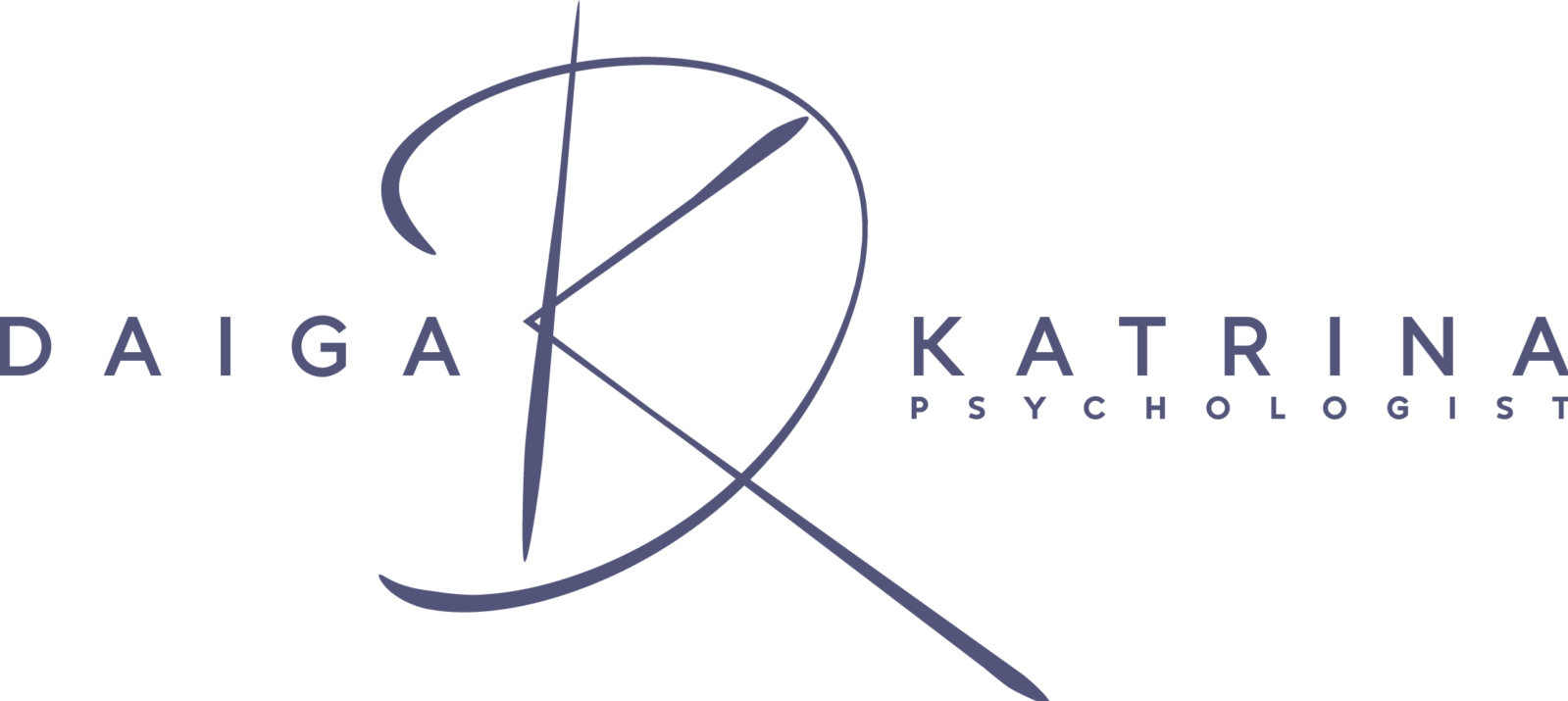Psychological counselling is a voluntary collaboration between a client and a psychologist. The sessions address a client's difficulties in life through open conversation, various methods, techniques and other tools. The psychologist supports and encourages the client, helps him/her to see the causes of the difficulties and possible solutions.
-
Visit Our Place
91-6 Čaka Street, Riga
-
Tr. - Ce. 9:00 - 18:00
- Request a visit
INDIVIDUAL SESSIONS
Psychological counselling

-
How do the psychological counselling sessions work?
The client and the psychologist meet at a pre-arranged time (in person or remotely). One session lasts on average 45-55 minutes. During these sessions the client talks about the difficulties he/she wants to address. The psychologist listens, provides individual support (non-judgemental, non-advising, non-teaching), psychoeducation, offers to use methods, techniques, psychological tools, etc. if necessary. In this process, the psychologist helps the client to understand his/her needs and to make the necessary changes in everyday life - in thinking, emotions, behaviour, etc.
-
How many psychological counselling sessions are needed?
The number of sessions depends on the client's problem. If the client wants to get answers to specific questions, information, one session may be enough. However, in most cases, more time is needed to solve the problem. When starting counselling, a specific number of sessions can be agreed with the psychologist.
-
What problems do people have when they see a psychologist?
People usually turn to a psychologist when they have acute problems, crisis situations or long-standing difficulties that have become too distressing. The problems are very varied. For example, anxiety, panic attacks, fear, depression, lack of energy, difficulties in relationships, conflicts with peers, eating disorders, difficulties in managing emotions, outbursts of anger, etc. It is therefore essential to seek a specialist who is familiar with the problem. In my practice as a psychologist, I specialise in topics such as: issues of identity and stability of the self; relationship and communication issues; integration of altered states of consciousness and difficulties in spiritual growth (more on these topics can be found in the "Open Access Resources" section).
-
Can you only see a psychologist if you have a problem?
No, psychologists are often used by people who are not experiencing acute life difficulties but want to improve their quality of life.
-
Does the psychologist disclose information about the client to the client?
No, according to the Code of Ethics for Psychologists and the Psychologists Act, the client is guaranteed complete confidentiality - non-disclosure of the information obtained, except in cases where the client endangers his/her own or others' life or health. When starting cooperation with a psychologist, the issue of confidentiality is discussed, as well as other issues of concern to the client regarding the potential cooperation.
INDIVIDUAL SESSIONS
IEMT sessions
IEMT (Integral Eye Movement Therapy) sessions use a short-term change therapy approach to address emotions, feelings, memories, thoughts and behaviours that are disturbing the client in the current period of their life. The practitioner follows a specific structure, asks specific questions and asks the client to perform certain movements with their eyes. The use of the method can relieve internal tensions that have been building up around the problem and can open up the possibility for positive life changes.

-
How does the IEMT method work?
The IEMT method works with the client's memories associated with negative feelings. By asking questions and making eye movements, a chain of associations is initiated in the client, through which it is possible to gradually access the events in the person's life that have shaped or reinforced the problem. Accordingly, by accessing memories, actions are taken to relieve emotional tension.
-
Does IEMT erase negative memories?
No, after the IEMT method, the client continues to remember all memories. The negative emotions associated with the memories are reduced.
-
Does the IEMT specialist need to know the client's problem in as much detail as possible?
No, this method of therapy is suitable for those who want to keep their problem discreet and do not want to reveal the details. The client must be open to cooperation, but the method does not necessarily require a situation statement. It is important to follow the instructions of the specialist - it is possible to keep the answers to the specialist's questions to oneself.
-
How quickly will I feel the results and how many IEMT sessions are needed?
IEMT is a short-term change therapy, so most of the time you will see a change after the first session - if there is no change, it is not worth continuing. It usually takes 3 to 5 sessions to address a single issue.
-
Is the IEMT method for everyone?
No, at the start of the collaboration, the IEMT specialist asks the client to review the list of contraindications and to confirm that the client has not been diagnosed with any condition for which IEMT may not be appropriate.
ATSAUKSMES
What do customers say?
I came to Daiga's therapy when I was unable to process a spiritual experience for a long time, but over time the sessions also led us to deeper work on relationships, communication with other people and the awareness and strengthening of our core. What is important for me in working with Daiga is that she is able to create a safe environment for me, while being direct and open when necessary. The sessions regularly provide me with practical tools to help me manoeuvre through life's confusing twists and turns confidently.

Customer No 1
About psychological counselling sessionsLooking for support for my feelings and emotions, I spontaneously chose to speak to Idarto specialist Daiga. If before I could not imagine feeling comfortable during a consultation, now my thoughts have changed completely. Truly human and professional!

Customer No 2
About psychological counselling sessionsI always look forward to our meetings with Daiga, because I know that some small but important part of my life will become clearer and/or easier. And not that I have to wait... but immediately - deep gratitude to the discoverer of the IEMT method! Daiga is empathetic, collaborative, supportive, but at the same time open about my "shadow sides". I really appreciate Daiga's erudition and talent to explain various complex aspects of psychology and spirituality to me in a simple, clear and understandable way.

Client No 3
About IEMT sessionsFrom the very beginning of counselling, Daiga managed to create a very safe environment where I can feel at ease. I always feel heard and accepted when working with Daiga. Daiga's office is a safe place where I can let it all out, open up, drop all masks and filters.

Customer No 4
About psychological counselling sessionsI really appreciate our collaboration and how Daiga guides me during the therapy, how carefully she approaches our collaboration. It is very important for me that when we work together I know and see that the psychologist is involved and shows interest in my processes, follows my progress, sometimes moves me in the right direction. It's not just "come and tell me how I'm doing", but it's really a collaboration where we are both actively involved, each playing our own role.

Customer No 5
About psychological counselling sessionsI appreciate that Daiga is able to approach issues in a multifaceted way and that we can look at problems from several perspectives. I admire Daiga's ability to present complex issues in a very easy and clear way, to understand and explain the connections. Also how quickly Daiga is able to find the right tool, the method that would be most effective in a given situation.

Customer No 6
About psychological counselling sessionsWhat are your wishes?
The content of this website may only be quoted, reproduced, republished and otherwise distributed in accordance with applicable copyright laws. For commercial use of the content, please contact and obtain permission.

